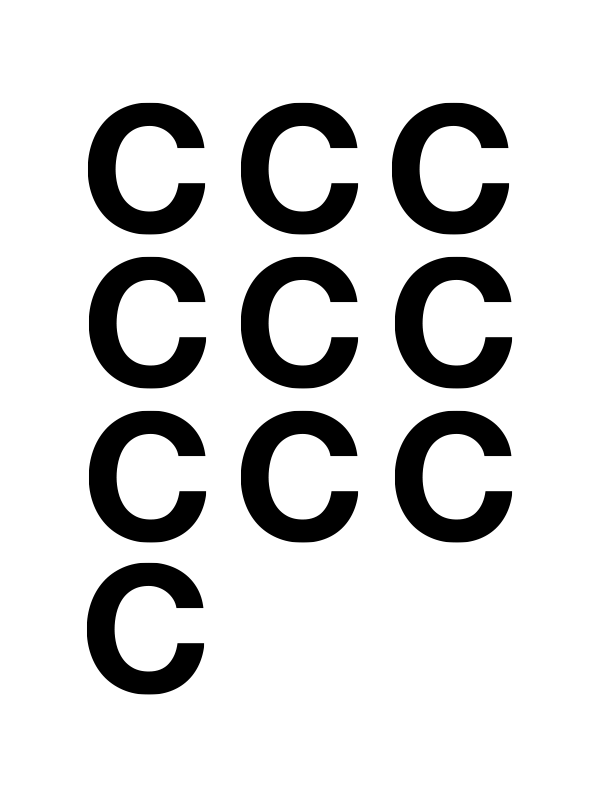Lifelong Learning
Definition:
According to Thematic glossaries – Statistics Explained (europa.eu), lifelong learning encompasses all learning activities undertaken throughout life with the aim of improving knowledge, skills and competences, within personal, civic, social or employment-related perspectives. The intention or aim to learn is the critical point that distinguishes these activities from non-learning activities, such as cultural or sporting activities.
Adult learning means the participation of adults in lifelong learning. Adult learning usually refers to learning activities after the end of initial education and is a vital component of the EU’s lifelong learning policy. The main indicator to measure adult learning is the participation rate in education and training, which covers participation in formal and non-formal education and training. The target population of Eurostat’s adult learning statistics is the population aged 25-64. Two main data sources are available for adult participation in learning:
- the EU labour force survey which provides data on participation in formal and non-formal education and training in the last four weeks, and
- the adult education survey which provides information on participation in formal and non-formal education and training as well as on informal learning in the last 12 months.
The continuing vocational training survey complements information on lifelong learning with data on enterprises’ investment in the continuing vocational training of their staff.
Lifelong learning is the “ongoing, voluntary, and self-motivated” pursuit of knowledge for either personal or professional reasons. It is important for an individual’s competitiveness and employability, but also enhances social inclusion, active citizenship, and personal development. Lifelong learning has been described as a process that includes people learning in different contexts. These environments do not only include schools but also homes, workplaces, and even locations where people pursue leisure activities. However, while the learning process can be applied to learners of all ages, there is a focus on adults who are returning to organized learning. There are programs based on its framework that address the different needs of learners, such as United Nations’ Sustainable Development Goal 4 and the UNESCO Institute for Lifelong Learning, which caters to the needs of the disadvantaged and marginalized learners.
